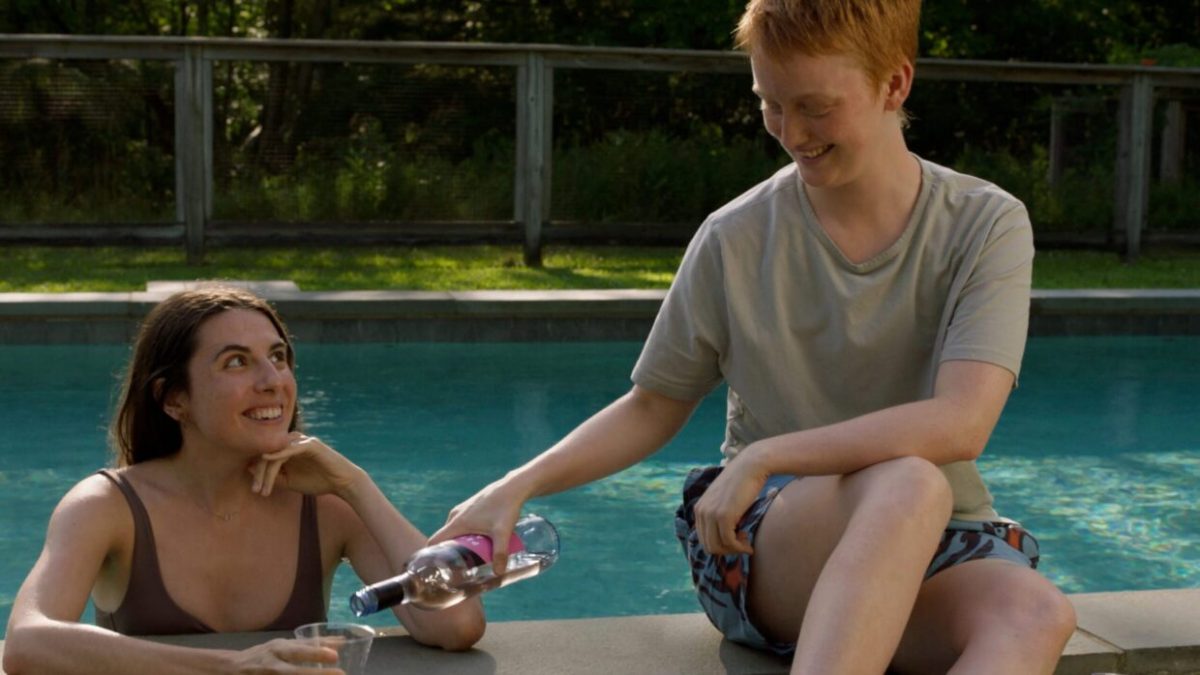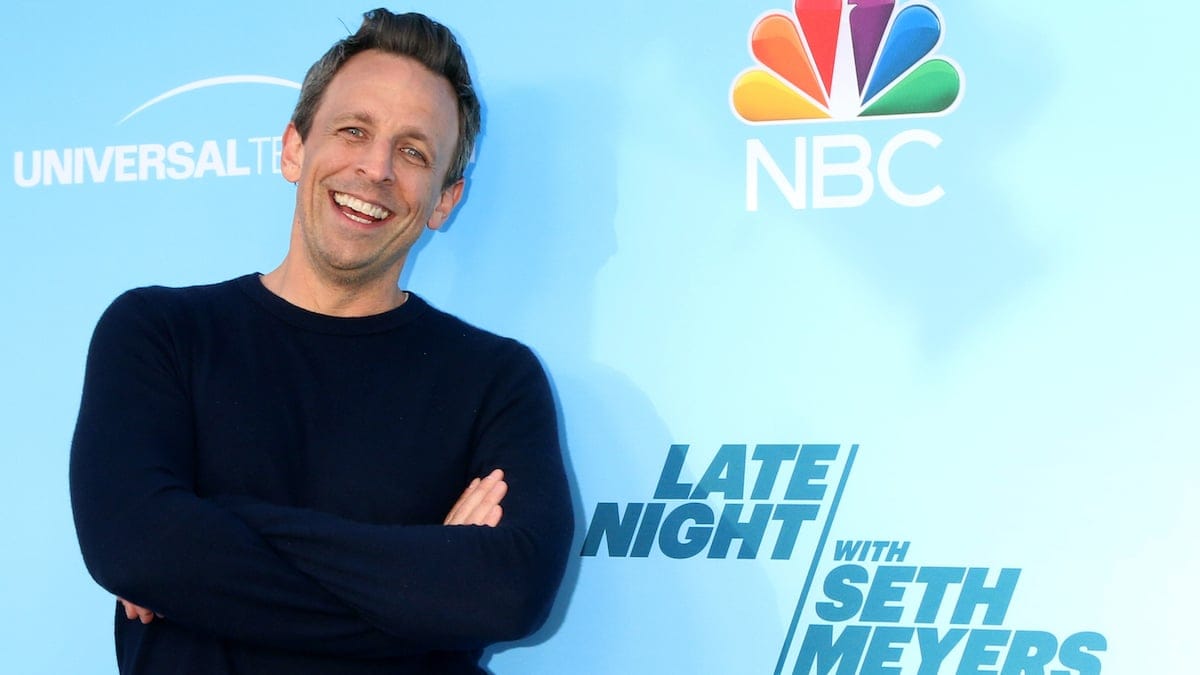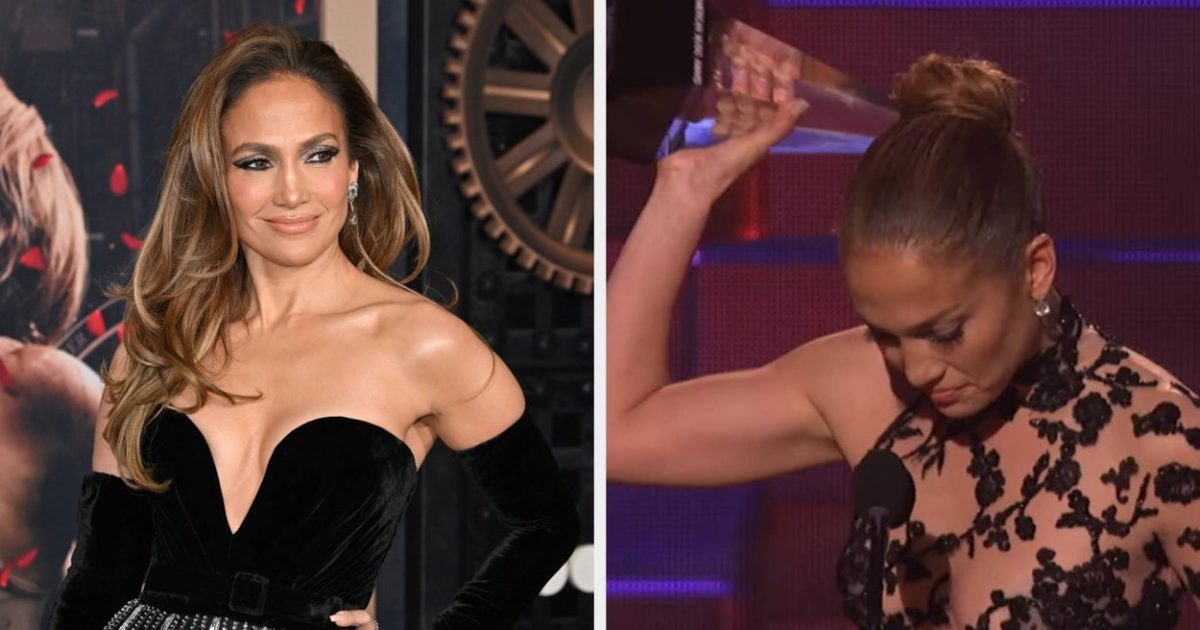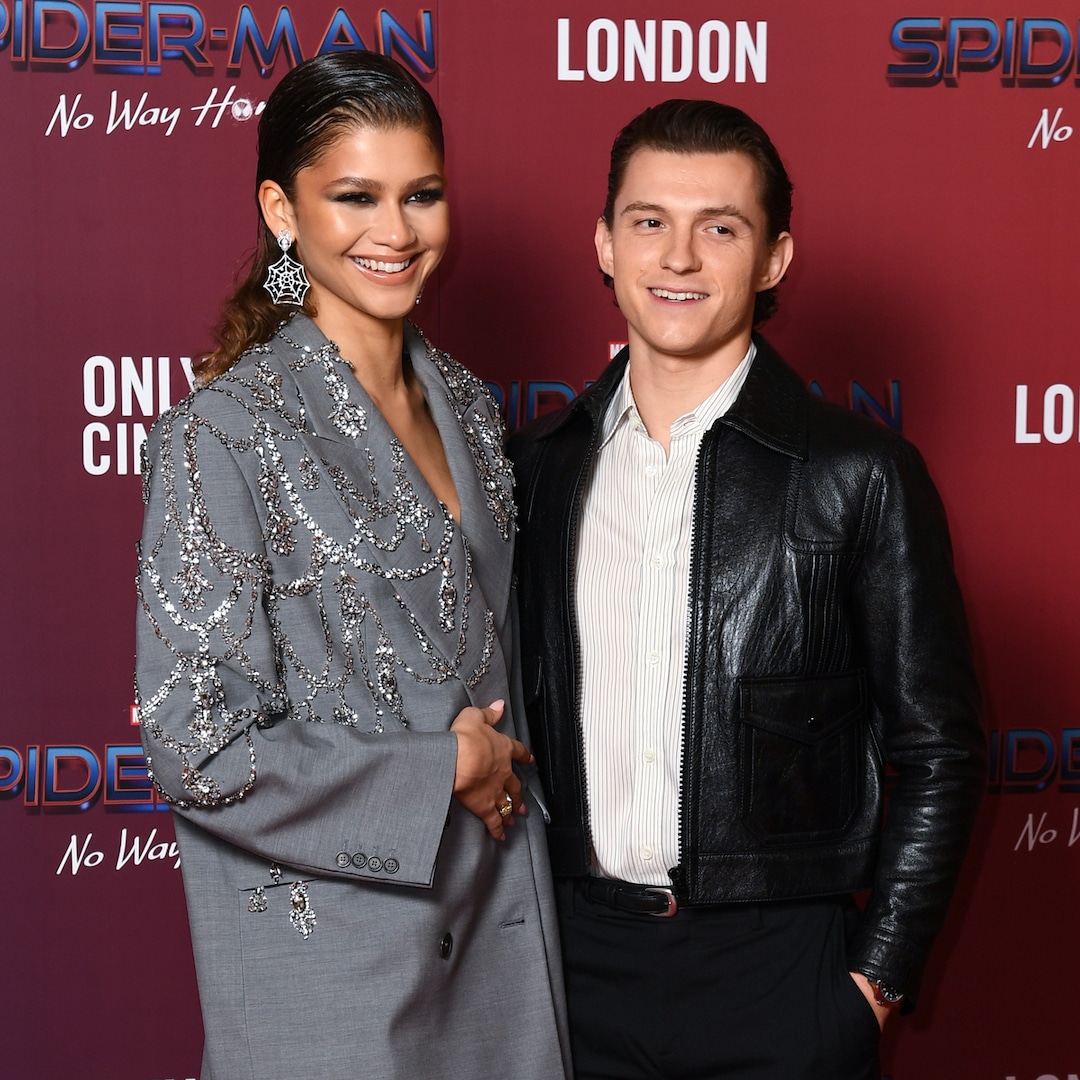
“What It Means to be Constantly Coming of Age”: Writer/Director Noah Schamus on Summer Solstice
Jun 14, 2024
#image_title
Leo, a 20-something aspiring actor, is navigating a creative crisis in Summer Solstice, the feature debut from writer-director Noah Schamus. More aptly, Leo (Bobbi Salvör Menuez) is frustrated with the reductive and trite roles he is constantly up for, compounded by the reality that these seem to be the only gigs available to him as a trans actor. It appears that much-needed distraction arrives when Elenor (Marianne Rendón), his best friend from college, pays a visit to his NYC apartment on her way upstate for a house-sitting job. After convincing Leo to join her, the duo drive to the Hudson Valley with the desire for a weekend rife with summer relaxation.
Instead, tensions rise between the former friends, largely exacerbated by the fact that they were close before Leo’s transition. While Elenor consistently oversteps boundaries and makes snide remarks about his gender identity, Leo seethes with jealousy and resentment over her need to constantly be the center of attention. As the push and pull of their relationship reaches an awkward boiling point, the pair are ironically able to work through their real-life grievances with the help of lines that Leo must rehearse for an upcoming project, which naturally focuses on an unoriginal conception of transness—everything that Summer Solstice is unabashedly not.
I hopped on a Zoom call with Schamus weeks before their film was poised to release theatrically via Cartilage Films. Our resulting conversation encompasses the director’s affinity for “messiness and nuance,” shooting in an NYC queer music venue and Vanderpump Rules.
Summer Solstice is currently playing at the IFC Center in New York and will open next Friday, June 21, at the Laemmle Glendale.
Filmmaker: I know that you began writing this script during quarantine in 2020, but you were originally unhappy with how your two central characters were portrayed in that first draft. You mentioned that during multiple rewrites, you were able to mold Leo and Elenor into complex, sometimes messy human beings, and that you were inspired by real-life friends and even your own personal experiences. Can you expand on how looking both to your community and inward bolstered your screenplay?
Schamus: Oh, that is a meaty question! I’ve been thinking a lot about it as the IFC premiere comes closer. I realized after making Summer Solstice that artistic therapy is beautiful and wonderful, but that’s not always why I want to make art. I want to be in communication with people about the ideas and questions that I have. On the other hand, during the process of making this film, I realized that what I’m interested in writing comes from a really deep personal question or struggle. This is all hindsight, but I wanted to find more grace for myself and my friends as we were stumbling through our late 20s. The people I’m connected to in my generation are realizing that we’re still experiencing extended adolescence. How can we gracefully enter adulthood together with love and compassion instead of feeling trapped in that space?
I was taking these long walks after I lost my job in the film industry in March [of 2020]. I was really trying to focus my energy away from the deep anxiety and sadness that a lot of us were experiencing. So, I was like, “Let me just think about my friends.” I wanted to construct a narrative about what it means to be constantly coming of age. Then I wrote the first draft, and I realized that these people were so nasty to each other. That’s not the world I actually live in and not the world that I want to live in. I want to leave room for people to be messy and ugly sometimes, but also beautiful and caring. It’s all wrapped up together. As I was writing it, I also really wanted to tell a story about a trans person who is not always the perfect example of ideal representation. It initially started with these stock characters, where Eleanor was really a jerk and Leo was kind of a put-upon angel. I was like, “No, these are both people in a dynamic and exploring the messiness of that.”
Filmmaker: What made Bobbi Salvör Menuez and Marianne Rendón the perfect pair to embody your lead characters?
Schamus: They’re both geniuses, I think they’re incredible actors. I’ve been following both of their work for a long time, but I also met up with them as they were considering coming on board. What they said about each of their characters and the script as a whole allowed me to discover some things that I hadn’t quite picked up on myself. The precision with which they both approached their roles was incredible, and also the generosity and humor they brought as people. They’re some of the kindest and most collaborative people I’ve ever met. We very quickly built this wonderful rapport where we could go back and forth about ideas and, in the spirit of collaboration, meet somewhere in the middle.
Filmmaker: Your film focuses on two people who were close in college but no longer seem to understand each other. I know that you teach filmmaking to college students, and I’m curious if interacting with this demographic gave you any perspective while working on Summer Solstice?
Schamus: I started teaching right before we went into production. Thankfully, we have excellent boundaries, so I don’t have much of an understanding about the intensity of their personal relationships, friendships and lives, but there is a mutual understanding about why we want to tell stories and make movies. I learn a lot from my students as they’re developing their voices over the course of several semesters. It’s incredible to see them communicate questions, ideas and worldviews through screenwriting and filmmaking. I have a lot of gratitude for their vulnerability, because I think that has opened me up to being more vulnerable both in my life and as a filmmaker.
Filmmaker: To that point, is there any insight you can share when it comes to your classes and the narratives that are interesting to the next generation of filmmakers?
Schamus: It’s so varied, but I think there is a relative comfort among the students to very explicitly pull from their own lives and feel capable of saying, “This is not me, I have fictionalized, etc.” I think that it has been really compelling to watch people be so comfortable representing the way that their identities, experiences and lives have impacted them as filmmakers rather than being like, “I’m vaguely interested in this thing in an anthropological way.” That’s been really nice to see in the students.
Filmmaker: Something else that intrigues me is the equal pay system you implemented on Summer Solstice. Can you elaborate on how you came to this arrangement and how it worked in practice?
Schamus: A lot of indies at this budget level rely on uncompensated labor because of the reality of financing in the film industry. Even if we were not going to be able to compensate people at the level that I would have wanted, it was still morally untenable for me to decide to pay some people more than the PAs who were working just as hard. It felt important to build a team atmosphere through this equal pay structure, where we all knew that there is compensation for the labor. It is not quite enough, but we are working together and being paid the same. I’m hoping in the future, both higher-budget films and the indie film scene get a little more sustainable. But I’m really grateful that everyone got paid the exact same amount and that we kept our shooting hours shorter than the average film production. I think we had one day where the last person was out after 12 hours, but mostly it was between 10 and 11, which is still not ideal. Part of the ecosystem that we were trying to build is acknowledging people’s humanity; acknowledging that people are very generously being here, that they are humans on a team and everybody is valuable.
Filmmaker: How would you pitch other productions on implementing this system?
Schamus: I always want to be careful because I have a very rosy view of the production and feel so warmly about it. I’ve received feedback from crew members that it was great, but I also don’t want to say that we did everything perfectly. I’m acknowledging that we’re all human. I feel really proud of what we built, but there’s still always room for improvement. But I do think that paying everybody on the same scale, in some ways, sets the stage for breaking down some of the hierarchies that exist on set, which valorizes certain forms of labor over others. Sharing what was going well, what wasn’t going well, and being aware of every contribution was vital for the production. I think all of that built an environment where there was an enormous amount of camaraderie. I mean, we were shooting for two weeks upstate, and after wrap people would just hang out, lay in the grass and talk. We had grill-outs, obviously with non-required attendance. But we would go to swimming holes and people were really building this professional summer camp in a really wonderful way.
Filmmaker: As a New Yorker, I am always hyper-fixated on locations used in local films, and I have to say that seeing Purgatory cinematically transplanted to the Hudson Valley was hugely entertaining for me. More broadly, how did you and your team scout for locations between the city and upstate?
Schamus: There were so many people involved in making it possible. I do thank you for calling out Purgatory. We were like, “Everyone’s going to know.” Then someone was like, “No, it’s going to be, like, a thousand people in Bushwick who will know.” Luckily, I have family and friend ties to upstate New York. So a lot of that was built in already for the upstate scenes. Shooting in New York City, even if you have money, is absolute hell. Especially in the summer when you’re in these tiny little spaces with no AC. Everyone really kept it together, but we were all so sweaty. For New York, one of my producers, Jess Zeidman, was really on top of pulling together these Excel spreadsheets. Like, “Okay, we need this apartment, so here’s 100 apartments that we can have access to.” We would go to various friends’ apartments and take videos and be like, “Is this going to work?” Then I would send it to our wonderful production designer, Joyce Lai. It was a combination of being very on top of the scouting process and then Joyce coming on pretty early and giving a lot of counsel. We knew we wouldn’t have very much time, especially in New York, to do design. Joyce would tell us what’d be possible with two or three hours to dress in the morning.
Filmmaker: I want to bring up an excellent piece of yours on how the Real Housewives extended universe has influenced you as a filmmaker, particularly when it comes to the emotional bonds that are broken and mended throughout. I know that many of your films have focused on the collision of documentary and narrative conventions, something that I believe reality TV also does. Stylistically, is there anything about reality TV that fascinates you or that you think gets a bad rap in cinematic circles?
Schamus: Thank you for that question. I’ve been watching reality TV for a long time, and I think it’s come into the zeitgeist in a way that feels a little more accepting of the love of trash TV. But when I started watching Vanderpump Rules when it first aired, I was justifying it by saying, “Oh, every season is structured like a Greek tragedy.” They’re wrecking their lives on public television with a season arc and then coming back to do it again. There’s something really interesting about the ways producers and people who have agreed to be on camera seem to understand this deep structure of conflict. I also think the cinematographers and editors on these shows are truly the unsung heroes. Are you watching The Valley?
Filmmaker: No, I’m not.
Schamus: If you watch Vanderpump Rules, there’s this character, Kristen Doute, who has historically been quite chaotic. In this season of The Valley, people are upset with her about something, and in her confessional interview she goes, “I’m an empath, and that’s really hard.” Then the genius editors pulled clips over the course of her 15 years on the air of her just screaming the cruelest things to people. The tone of the editing in a lot of these shows is so smart and insightful about how we delude ourselves about who we are versus how we actually present ourselves. That’s a perfect encapsulation of Robert McKee’s [dictum], “characters shouldn’t know themselves too well.” Watching people who don’t know themselves very well has given me insight into the ways that I don’t know myself and how I can incorporate that into my filmmaking.
Filmmaker: Looking toward the future, can you share any details on your forthcoming docu-fiction hybrid project With Time that you’re reuniting with Brit Fryer on? I know you guys just received the Jerome Foundation grant.
Schamus: Things are going in a very exciting way. We’re in our fundraising phase, which is actually the least exciting part. We’re getting support from institutions and people in a way that seems like we might actually be able to film this weirdo movie. Essentially what we’re hoping to do is pull together a group of trans folks over the age of 50 to go through a theater workshop in which we explore how to construct a narrative scene based on their memories. It can be any memory, but [one] focusing specifically on queer and trans communities in their lives. We were going to mount those as “recreations” with participants helping to drive the creative process. Again, this goes back to my thing about having these like deeply-held questions that I want to work through. Brit, my wonderful collaborator, and I have spent a lot of time talking about what it means when so many people are trying to deny that transness has existed beyond the last seven or 10 years. What does it mean to assert that transness has existed in many different forms for the entirety of human existence? What does it mean to try and grow older in a world that is largely inhospitable to gender variance? We want to do world building and informal archival building with people who have been answering those questions for many years.
Filmmaker: Any word on what your second feature, which I’ve heard rumblings about, might be focusing on?
Schamus: I will not go into too much detail, but I’m developing a narrative film that is basically a Y2K apocalypse comedy about getting sober and finding yourself as an artist.
Filmmaker: You were once asked in an interview, “What’s a question that you’re constantly asked?” And you replied, “What is the future of trans cinema?” I think that’s a really rote question to be asking filmmakers who shouldn’t be the sole authority. What do you think are more helpful questions or artistic queries in this realm that you’d like to see posed more?
Schamus: I think that my relationship to transness and queerness is sort of about wanting to communicate who I am with others, but understanding that we are sort of inherently illegible to each other and ourselves. I want that messiness and nuance in my film work and in the films that I see. That ability to try our best to show up as we are, but also knowing that it’s all in relation to other people and that we’re all figuring it out. I don’t think we ever do figure it out in our lifetimes, necessarily. I think that kind of liminality in my relationship to gender and sexuality has given me that as a person and a filmmaker. I just want more of that. I think that my gender and sexuality is so much in conversation with the films of New Queer Cinema in the ‘90s. There is this moment brewing in trans independent film right now where people are working through those ideas in really wonderful ways.
Publisher: Source link
Jennifer Lopez Finally Understands Mi Gente Latino Meme
Jennifer Lopez Finally Understands Mi Gente Latino Meme Kicking off 2025, J.Lo is now promoting Unstoppable, a new biography drama in which she stars alongside Moonlight actor Jharrel Jerome. At the 2011 American Music Awards, Jennifer won Favorite Latin Artist…
Jan 11, 2025
Tom Holland's Dad Shares Insight Into Zendaya Engagement
Tom Holland became the greatest showman for his proposal to Zendaya. Just days after the Spider-Man actress turned heads at the 2025 Golden Globes with a 5-carat ring on that finger, Tom's dad... Disclaimer: This story is auto-aggregated by a…
Jan 11, 2025
Aubrey Plaza Issues Statement After Jeff Baena’s Death
The 40-year-old star and Jeff’s family issued a statement to People on Monday, where they called their loss an “unimaginable tragedy.”The Los Angeles County coroner’s office previously determined that Jeff died by suicide in his LA home. He was 47…
Jan 10, 2025
Jill Duggar’s Husband Clarifies Where He Stands With Jim Bob Duggar
Jessa Duggar (m. Ben Seewald)Jim Bob and Michelle's fifth child, Jessa Duggar, was born Nov. 4, 1992. Jessa met Ben through church and he began courting her in 2013—the old-fashioned approach to romance coming as a brand-new notion to a lot…
Jan 10, 2025











